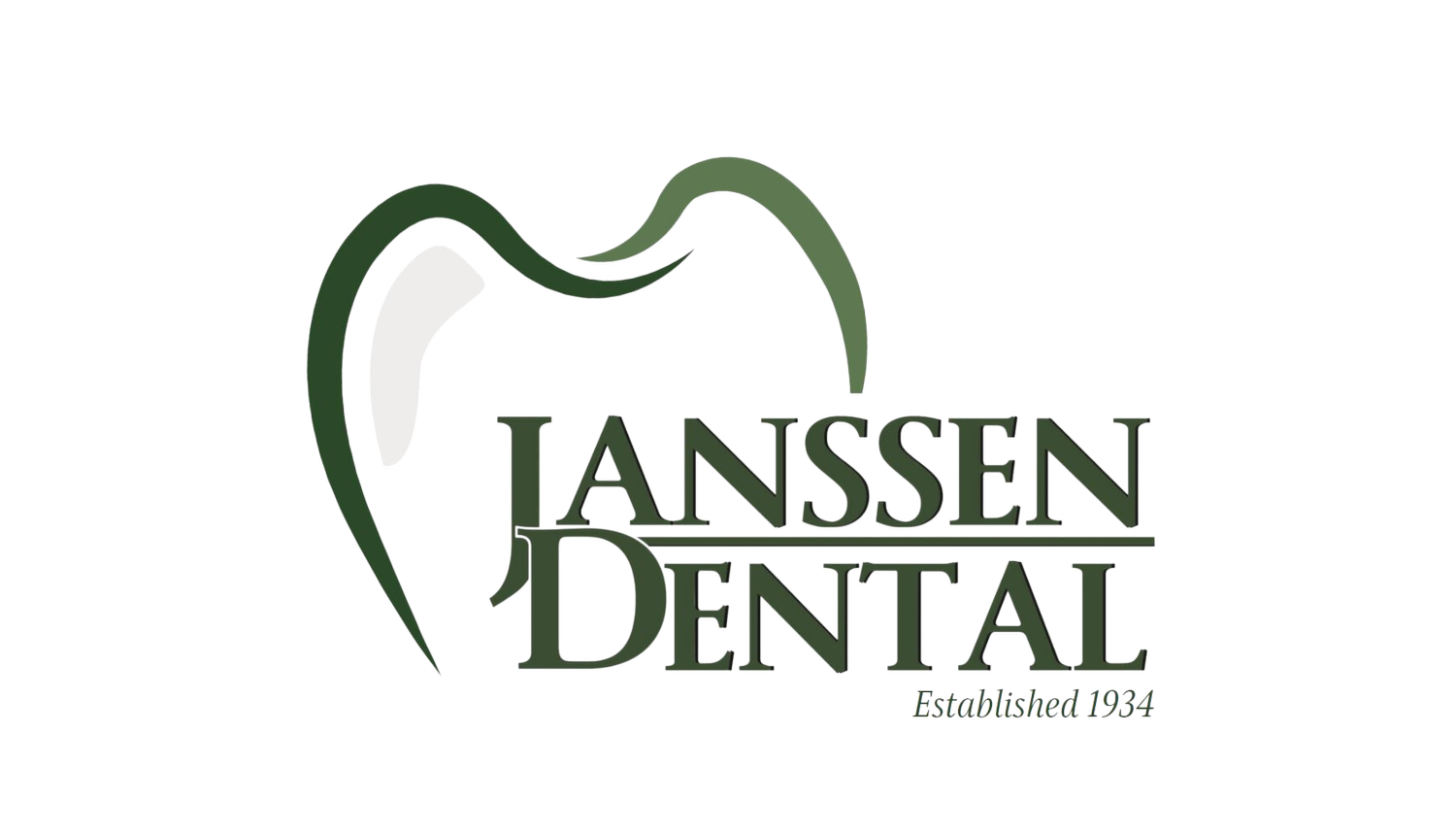College Freshmen Should Pay Attention in Oral Hygiene 101
Use these tips to keep your teeth healthy while away from home
Freshman year is the first extended period that most college students live away from home and completely take care of themselves. Part of being a responsible young adult is paying attention to self-care when no parent is there to remind you. Understanding the importance of oral hygiene and why you should care about it is what we refer to as Oral Hygiene 101.
Unlike much of what you will learn this year as a freshman, the basics of oral health will remain relevant the rest of your life. Following these tips will help keep that bright smile on your face throughout your college years and beyond.
Why does oral hygiene matter so much at this age?
This question is the key to Dr. Craig Janssen’s focus on biological dentistry. Your mouth is the gateway to our body’s overall health, making good dental hygiene an essential foundation to overall well-being. In addition to risking the development of cavities, poor oral hygiene can lead to bad breath, gum disease, and even issues with your heart and immune system.
It is common for students to get out of their routine when transitioning to college life. Late-night study sessions, additional stress, poor eating habits and lack of time can all contribute to oral hygiene decline. However, taking a few minutes to care for your teeth regardless of how busy your schedule gets is essential to staying healthy.
Establishing a routine at school
Change is a common element of living away from home, and that can mess with self-care routines. Establishing a revised routine is the best way to retain control over your oral hygiene practices. It can be tempting to skip brushing your teeth for the sake of time, but you will find that creating a new habit will generate the consistency you need to keep regular brushing part of your morning and nighttime routine.
The importance of brushing twice a day can’t be overemphasized. It is the foundation of good oral hygiene, keeping your teeth and gums in top condition, and giving you the best chance at good breath. Make sure to brush all areas of your mouth, including your tongue, as bacteria is what causes bad breath. Swish around a little antimicrobial mouthwash afterward to further freshen your breath.
Flossing is more important than you might think
While flossing may seem like something of a bonus action when it comes to oral hygiene, it is just as important as brushing. Flossing removes the food particles and plaque from between your teeth that brushing leaves behind.
Taking a few minutes to floss before bed is the best choice if you only want to devote time for this once per day. This ensures you remove the day’s accumulation of food debris rather than letting it sit all night. If traditional flossing isn’t your thing, floss picks and water-based pick devices are easy to use and great alternatives.
Your food and drink choices matter
Limiting sugary foods and drinks is a good way to minimize tooth decay. These include energy drinks as well as sodas and sweets. Cheese, nuts and veggies are healthy snacks, and they promote the saliva production that acts as your mouth’s nature defense against decay. Bacteria in your mouth feed on the sugar residue and produce acid as a byproduct, which is harmful for your teeth and gums.
Since asking a college student to go cold turkey on sugar is not realistic, Dr. Craig suggests making smart choices whenever possible and countering the effects of sugar by rinsing your mouth out with water and brushing as soon as possible. Make it a habit to carry a water bottle with you and stay hydrated throughout the day. Your body and mind will thank you for it.
Taking responsibility for your own dental care
Living on your own at school means you’re now responsible for a lot of things your parents might have taken care of in the past, and that includes dental care. Here are a few tips to help you stay on top of your oral health while at college as well as the rest of your life:
Find a local dentist – Maintaining a regular schedule of six-month checkups is important for ongoing oral health care, and establishing with a dentist near your location can be a real lifesaver in the event of a dental emergency. Ask for recommendations from upperclassmen or your college’s health office. Some larger schools even offer dental services on campus.
Have a dental emergency kit – Emergencies don’t always happen during regular business hours. In fact, non-business hours make up two-thirds of the day. With that in mind, emergency kit essentials can include pain relievers, a small mirror, floss, and even dental wax for braces if appropriate.
Get enough sleep – You might be surprised how much your sleep habits can impact oral health. A lack of sleep can weaken your immune system and make you more susceptible to infections, including gum disease. Plus, getting to bed late makes it more likely you will skip your regular nighttime brushing and flossing. Practice stress management to help you get restful sleep and avoid grinding your teeth during the night.
Conclusion
Going away to school can be a lot of fun and give you a sense of freedom. That doesn’t mean you can skip out on your oral health. Re-establish good habits right away by making oral hygiene a priority. You will avoid the common dental problems that some students face when they slack off on taking care of their teeth.
About Janssen Dental Clinic in Green Bay, Wisconsin
Janssen Dental Clinic features the dental expertise of Dr. Craig Janssen, a third-generation dentist serving patients in Green Bay, Wisconsin, and the surrounding area. Dr. Craig and his staff specialize in oral health as a component of overall well-being, a philosophy of care known as biological dentistry. They have expertise in reducing the fear and anxiety that people of all ages feel over going to the dentist, with services ranging from routine cleanings to restorative and cosmetic procedures. Call (920) 983-8383 to schedule an appointment. New patients are always welcome.

